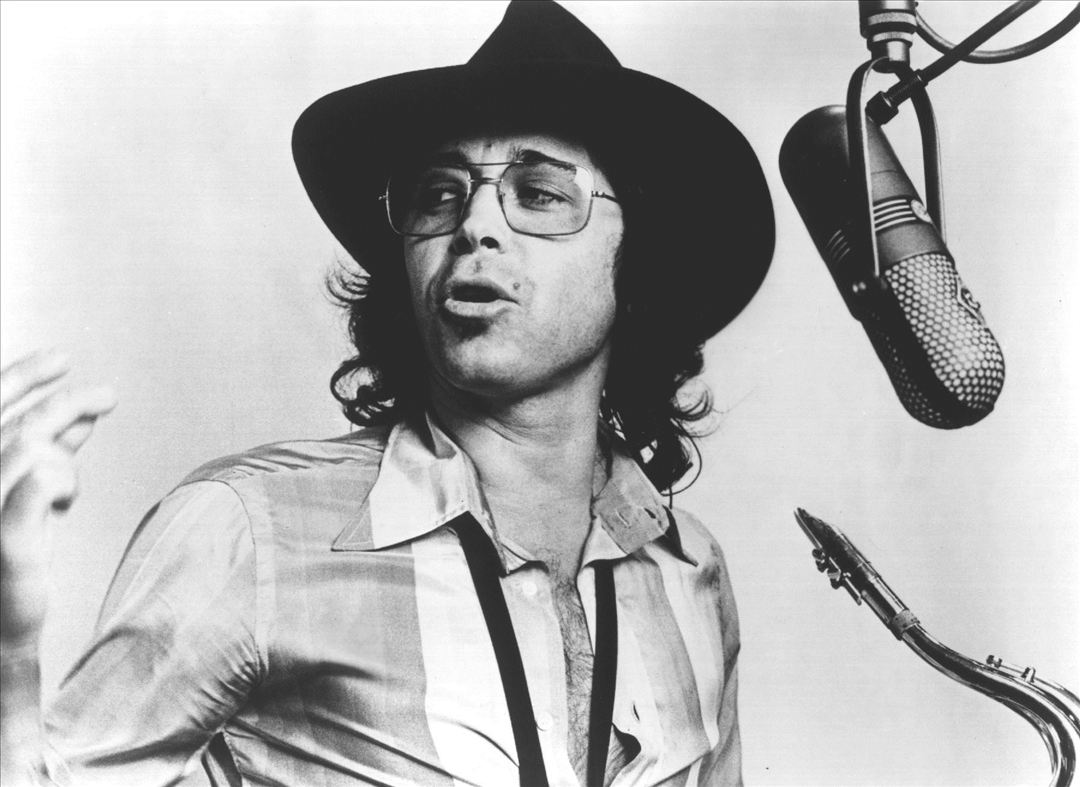Gato Barbieri, an Argentine musician who made a major impact on modern jazz, was second to do so. His life is a long, zigzag journey that took him from Argentina to North America. In his youth, he played Latin rhythms. He then turned his back on his heritage in the 1960s to explore jazz avant-garde. He returned to South American influences in early ’70s and began to play pop and fusion in late ’70s. North American audiences first saw Barbieri as a wild bull with a whining John Coltrane/Pharoah-Sanders-influenced tone. His tone and approach began to change in the mid-’70s as he was influenced by ballads such as “What a Diff’rence a Day Makes”, which he knew as “Cuando Vuelva a Tu Lado” and Carlos Santana’s song “Europa”. Barbieri, despite his idiom, was a warm-blooded tenor sax soloist who drove the voltage higher with impulsive vocal cheerleading. Barbieri was the youngest of several musicians in his family. However, he didn’t start playing an instrument until he was 12, when a recording of Charlie Parker’s “Now’s the Time”, inspired him to learn the clarinet. After moving to Buenos Aires, in 1947, he took private music lessons and picked up the alto sax. He was a well-known national musician by the time he was exposed in the Schifrin Orchestra in 1953. In the 1950s Barbieri began leading his own bands and switched to tenor in the late ’50s. He moved to Rome in 1962, with his wife of Italian descent, and he met Don Cherry in Paris in 1962. After joining his group, he became deeply absorbed in jazz avant-garde. Barbieri was also a member of Mike Mantler’s Jazz Composer’s Orchestra during the late 1960s. You can hear his fiery tone in the “Hotel Overture”, Carla Bley’s epic piece Escalator Over the Hill. Barbieri began to incorporate South American rhythms and melodies into his music after the decade ended. There were albums like the live El Pampero album on Flying Dutchman, and the four-part Chapter series of Impulse! The latter, which featured Afro-Cuban rhythms as well as Argentinean textures and music, earned Barbieri a lot of acclaim within the jazz community. It was Barbieri’s sensuous music and score for the 1972 film Last Tango in Paris that made him a star internationally and at festivals in Montreux and Bologna. A contract with A
